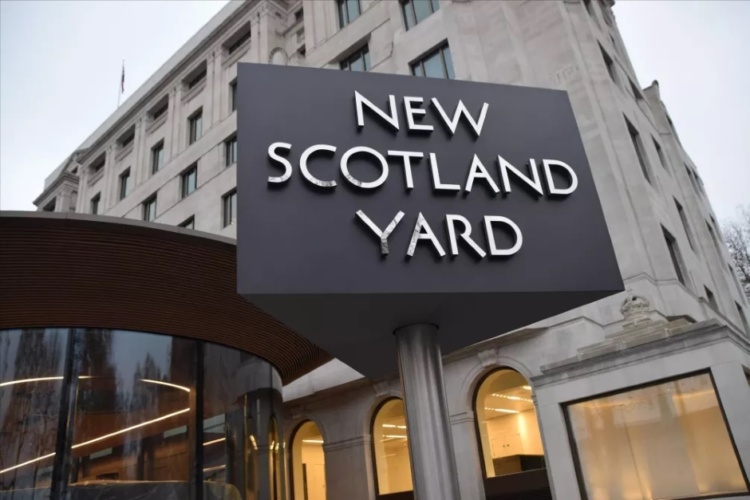
In a statement, the Met said LFR will be intelligence-led and deployed to specific locations to help combat crimes including child sexual exploitation and gun and knife crime.
Scifi Eye: Facial recognition is a future threat
Assistant commissioner Nick Ephgrave, said: “This is an important development for the Met and one which is vital in assisting us in bearing down on violence. As a modern police force, I believe that we have a duty to use new technologies to keep people safe in London. Independent research has shown that the public support us in this regard. Prior to deployment we will be engaging with our partners and communities at a local level.
“We are using a tried-and-tested technology, and have taken a considered and transparent approach in order to arrive at this point. Similar technology is already widely used across the UK, in the private sector. Ours has been trialled by our technology teams for use in an operational policing environment.
“Every day, our police officers are briefed about suspects they should look out for; LFR improves the effectiveness of this tactic. Similarly if it can help locate missing children or vulnerable adults swiftly, and keep them from harm and exploitation, then we have a duty to deploy the technology to do this.”
Each LFR deployment will have a bespoke ‘watch list’, made up of images of wanted individuals, predominantly those wanted for serious and violent offences. The technology from NEC is not linked to other imaging systems such as CCTV, body worn video or ANPR.
Civil liberties group Liberty has described the roll-out of LFR as ‘a sinister step, pushing the UK into a 'surveillance state.’
“This is a dangerous, oppressive and completely unjustified move by the Met. Facial recognition technology gives the State unprecedented power to track and monitor any one of us, destroying our privacy and our free expression,” said Clare Collier, Liberty’s advocacy director. “Rolling out a mass surveillance tool that has been rejected by democracies and embraced by oppressive regimes is a dangerous and sinister step. It pushes us towards a surveillance state in which our freedom to live our lives free from State interference no longer exists.”




Nanogenerator consumes CO2 to generate electricity
Whoopee, they've solved how to keep a light on but not a lot else.